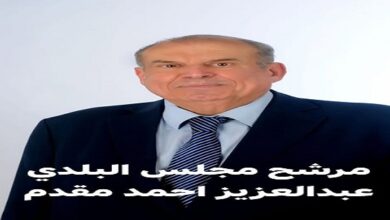
ندوة في بلدية طرابلس عن “الامراض المنقولة عبر المياه ومخاطرها على الصحة العامة”
نظم مركز ربط البحوث بالتنمية CRD وبالشراكة مع بلدية طرابلس، ندوة عن “الامراض المنقولة عبر المياه ومخاطرها على الصحة العامة”، وذلك في مركز رشيد كرامي الثقافي البلدي (قصر نوفل)، حاضر فيها عن المركز السيد مصطفى المصري.
حضر الندوة رئيس بلدية طرابلس الدكتور رياض يمق، وشارك فيها موظفون من الدائرة الصحية ومكتب التنمية في بلدية طرابلس، وممثلون عن جمعيات صحية متخصصة، إضافة الى شخصيات مهتمة من المجتمع المدني.
عرف المحاضر، المشاركون على “الامراض المنقولة عبر المياه” وسلط الضوء على “اهم هذه الأمراض، خاصة تلك الاكثر شيوعا في مجتمعنا وهي الكوليرا والتهاب الكبد A والتيفوئيد”، وتطرق الى “العلاجات وسبل الوقاية واللقاح”. وجرى عرض ل”آخر الارقام المبنية على دراسة قام بها المركز خلال الفترة الماضية شملت كافة الاراضي اللبنانية والمعطيات الصادرة عن وزارة الصحة ومنظمة الصحة العالمية في هذا الخصوص”.
ورأى المحاضر المصري ان” الهدف من هذا اللقاء ليس فقط نشر التوعية والمعرفة بل تمكين الاشخاص المؤثرين في المجتمع من المعلومات العلمية لما للمشاركين من تأثير في مجتمعهم المحلي وما يعوّل عليهم في التواصل الفعّال في هذا الإطار”.
وتميزت الندوة بجو من التفاعل بين الحضور أنفسهم وبينهم وبين المحاضر، مع تقديم مقترحات بناءة مستدامة قابلة للتحقق والخطوات التالية مستقبليا.

